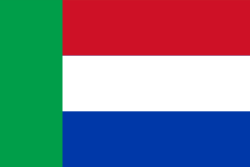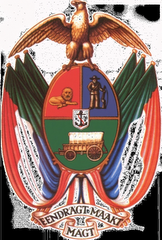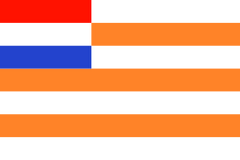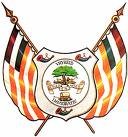US to set up permanent base in Botswana Sunday Standard Reporter 23 October 2007More than 1 500 American soldiers may be permanently based in Botswana from next year, should government go ahead with alleged plans to host America's recently created Africa Command (Africom).The Office of the President and the Ministry of Foreign Affairs this week could not confirm reports by Democracy and Governance that Botswana is alleged to have indicated interest to host Africom.Africom is aimed at stemming the assumed threat posed by swathes of Africa's “ungoverned” spaces, feared to be potential hide-outs and training fields for terrorists. According to the controversial 2007 “Failed States Index” recently released by the US-based Foreign Policy, Africa tops the list of failed states.The US budget for the Trans-Saharan Counter-terrorism partnership for 2007 is some $115 million (P1, 5 billion), while non military assistance has increased by 60 percent. Admiral Moeller, head of the Africom planning team hinted that the command will cost in the region of $50 million in the 2007 financial year. The super power's military investment is also expected to create a lot of jobs for locals.Despite the economic lures of Africom, a number of African countries, even America's strategic partners like South Africa, have indicated that they are not willing to host the command, citing concerns with the long term impact it would have on their sovereignty.According to the report by Democracy and Governance, “it is Washington's unilateral invasion of Iraq in 2003 and the Bush administration's strategy of pre-emptive strikes against its perceived threats which present liabilities which some African states are shy to bear. Countries considered by the US and its allies as pariahs such as Sudan and Zimbabwe shudder at the possibility of Africom being used to coordinate strikes against them ala Iraq.”Since Al Qaeda blew up American embassies in Kenya and Tanzania in 1998, killing 225 people, America has trained its heavy guns on the organization and its suspected local allies in the region. Some 1,5 00 US military and civilian personnel attached to the combined Joint Task Force-Horn of Africa (CJTF-HOA) have maintained a presence at Camp Lemonier, Djibouti. The command of the CJTF-HOA, currently under CENTCOM, will be transferred to Africom in Botswana in 2008, should Botswana agree to host the command.Deputy Permanent Secretary in the Ministry of Foreign Affairs and International Cooperation, Moostaq Moorad, would not confirm reports that Botswana has indicated that they are willing to host Africom, saying “This is more of a military cooperation issue than an international cooperation issue.” He referred all enquiries to the Office of the President.Presidential Affairs spokesperson, Dr Jeff Ramsay, also said he could not confirm the reports. He promised to come back to us next week.The Sunday Standard can, however, reveal that logistical difficulties that would come with Botswana hosting Africom were cleared in 2003 when the Ministry of Foreign Affairs and International Cooperation agreed to sign a non surrender pact with America under controversial circumstances.According to the write up by the Director of Democracy and Governance, Dr Peter Kagwanja, “ locating American soldiers permanently on foreign soil will depend on the host country's approval of a Status-of-Force Agreement (SOFA) - a legal document that the State Department negotiated to define the legal standing of American soldiers abroad.”Botswana has already signed this bilateral pact binding them not to surrender American military personnel to international tribunals, commonly known as Article 98. The agreement was signed on June 30, 2003 in Gaborone and entered into force on 28th September 2003.In its carrot and stick campaign, Washington withdrew military aid to all American allies that refused to sign the agreement, among them SADC countries like South Africa, Lesotho, Zambia , Malawi, Tanzania and Namibia.The Bush administration also issued a waiver, exempting Botswana from the military sanctions.The Botswana government was, however, under pressure from the local media and opposition political parties which felt that the country had sold out to America. In an attempt to stem the groundswell of hostile public opinion, Foreign Affairs Minister, Lt Gen Mompati Merafhe, issued a statement in July 2003 trying to justify Botswana's position.http://www.praag.org/mambo/index.php...050&Itemid=107
__________________
Wednesday, October 24, 2007
Subscribe to:
Post Comments (Atom)







No comments:
Post a Comment